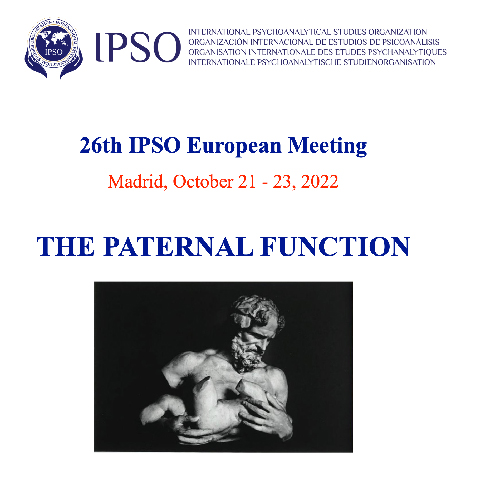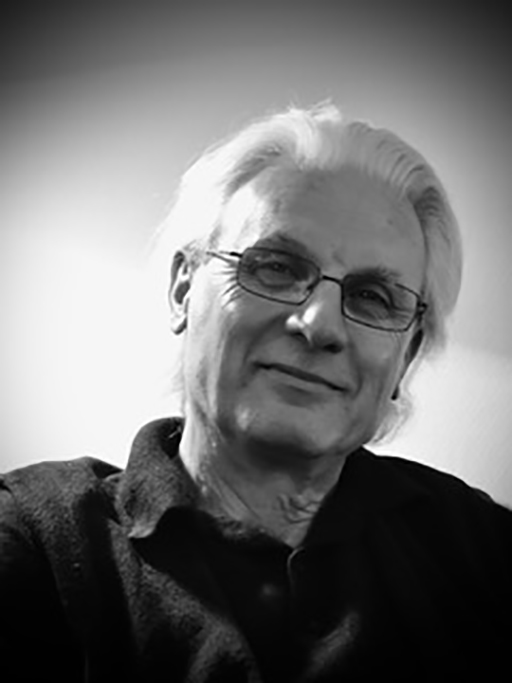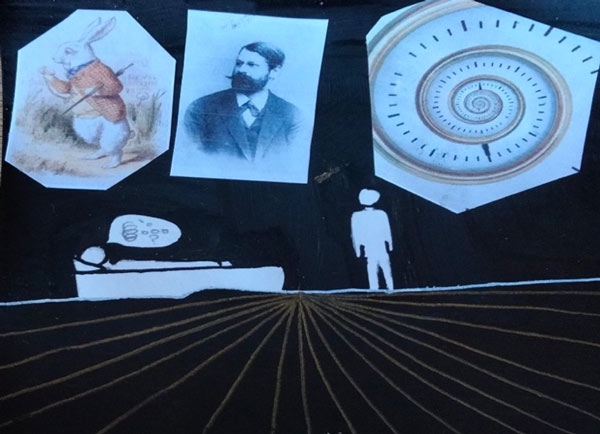Huit nouveaux membres à la SPP
Le Conseil d’Administration de la SPP du 28 juin 2022 a agréé six nouveaux membres : Catherine Bonnefoy (Paris) Nathalie Brunetti (Lyon) Noreddine Hamadi (Paris) Catherine Joubert (Paris) Caroline Monin Civalleri (Lyon) Christine Serre (Lyon) Le Conseil d’Administration du 20 septembre 2022 a agréé deux nouveaux membres : Sarah Bydlowski (Paris) Johanna Velt (Paris)




